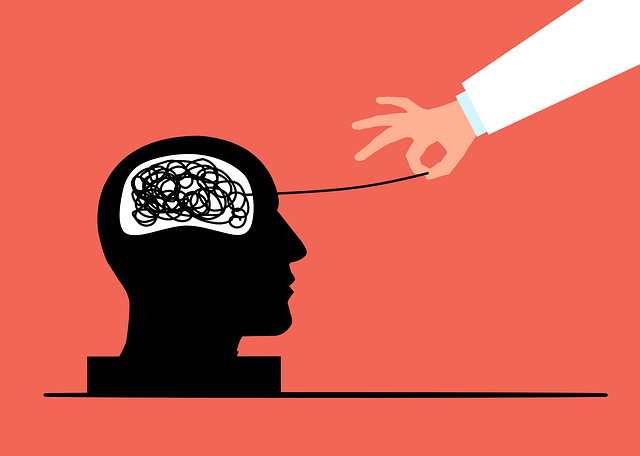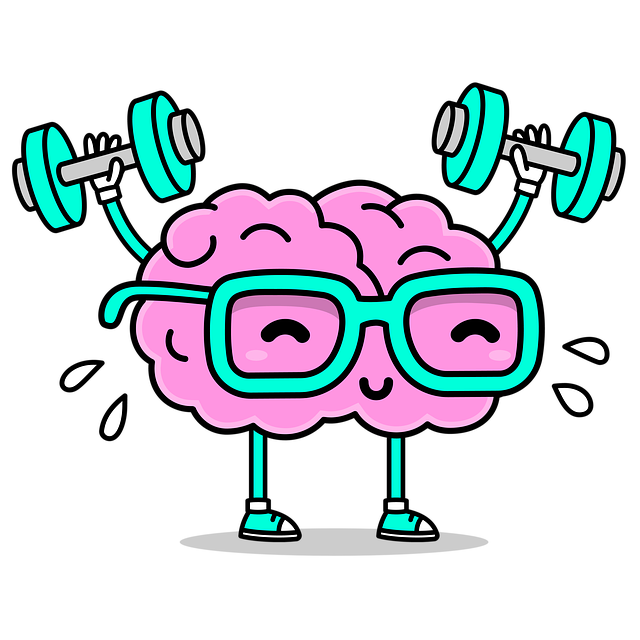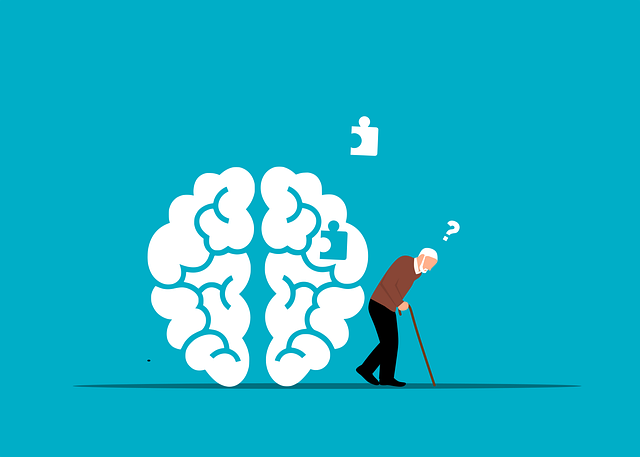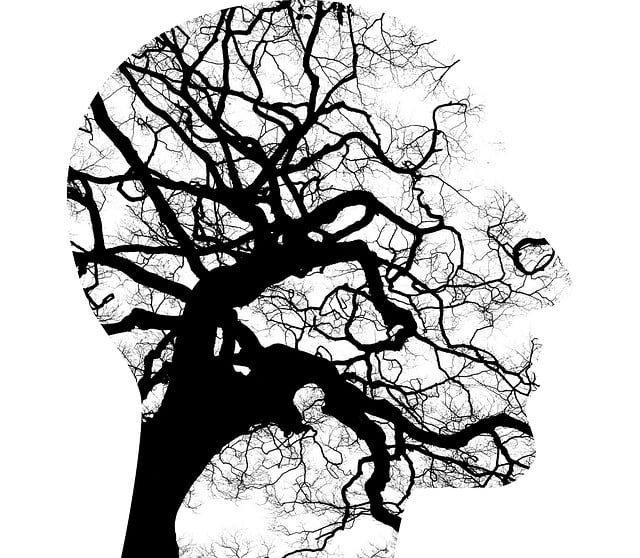The Resilience, Flexibility, and Mastery (RFM) approach enhances therapy for adolescent teens by combining individual counseling with family counseling. This strategy builds inner strength and adaptability, equipping teens with coping mechanisms to manage daily stressors and improving mental wellness. Family counseling sessions foster emotional expression, enhance problem-solving skills, and strengthen relationships. Incorporating mental health awareness, resilience-building exercises, mindfulness practices, and crisis intervention guidance contributes to overall adolescent well-being. Parents can further boost their teen's resilience through RFM strategies integrated into daily life, encouraging self-care routines and risk management planning.
“Enhance resilience in adolescent teens with RFM (Recovery, Flexibility, and Mastery) exercises. This comprehensive guide explores the profound impact of RFM on building teen resilience, backed by evidence-based practices like family counseling. Discover effective strategies to help teens navigate challenges, strengthen emotional well-being, and foster a growth mindset. Learn practical tips for applying RFM techniques at home, empowering parents to support their adolescent’s mental health and overall development through therapy for teen resilience.”
- Understanding RFM and Its Impact on Adolescent Resilience
- The Role of Family Counseling in Building Resilience
- Effective Exercises for Strengthening Teen Resilience
- Applying RFM Strategies at Home: A Guide for Parents
Understanding RFM and Its Impact on Adolescent Resilience

Resilience is a vital asset for adolescents navigating life’s challenges and transitions. Understanding RFM (Resilience, Flexibility, and Mastery) offers a framework to enhance their coping mechanisms. This approach focuses on building inner strength, enabling teens to adapt and bounce back from stressful situations. By combining therapy techniques with family counseling, professionals can foster a supportive environment.
The impact of RFM is significant in promoting mental health education among teens. These exercises help young individuals develop strategies to manage emotions, overcome obstacles, and gain a sense of control. Incorporating RFM into therapy sessions for adolescent teens allows them to build resilience, ensuring they are equipped to handle the hustle and bustle of daily life. This, in turn, contributes to their overall mental wellness, as evidenced through various mental health education programs design and mental wellness podcast series production.
The Role of Family Counseling in Building Resilience

Family counseling plays a pivotal role in building resilience among adolescents and teens. It provides a safe space for individuals to express their emotions, fears, and concerns while fostering open communication within the family unit. Through structured sessions led by professional therapists, families can navigate challenging situations together, enhancing their problem-solving skills and emotional intelligence. This collaborative approach not only strengthens relationships but also equips each member with effective coping mechanisms.
Incorporating mental health awareness into the counseling process allows for a holistic understanding of an adolescent’s well-being. Therapists guide family members in recognizing and managing strong emotions, improving emotional regulation, and fostering a supportive environment. By addressing underlying issues and promoting healthy communication patterns, family counseling empowers teens to navigate life’s storms with resilience, ensuring they can bounce back from setbacks and thrive in their personal journeys.
Effective Exercises for Strengthening Teen Resilience

Resilience building exercises play a pivotal role in fostering mental health and well-being among adolescent teens. Effective strategies can be integrated into daily routines through various activities that promote coping mechanisms, problem-solving skills, and emotional regulation. For instance, mindfulness practices like meditation and deep breathing have proven beneficial, teaching teens to stay grounded in stressful situations. These techniques not only enhance their ability to manage anxiety but also strengthen their overall resilience.
Family counseling sessions can significantly contribute to this process by providing a safe space for open communication and emotional expression. Incorporating exercises that encourage active listening, empathy, and conflict resolution within the family unit empowers teens with essential social skills. Moreover, crisis intervention guidance tailored for adolescents can help them navigate challenging situations, fostering adaptability and resilience in the face of adversity. The integration of such practices supports not only individual teen resilience but also aligns with broader mental health policy analysis and advocacy efforts aimed at improving overall adolescent well-being.
Applying RFM Strategies at Home: A Guide for Parents

At home, parents can effectively employ Resources, Strengths, and Needs (RFM) strategies to support their adolescent teens’ resilience building exercises. This involves a two-pronged approach: understanding your teen’s unique resources and strengths, while also identifying areas where they may need additional support or protection against potential risks. By integrating RFM into daily interactions, parents can foster a sense of security and empowerment in their teens, enhancing their ability to navigate life’s challenges.
Encouraging self-care routine development for better mental health is a key aspect of this process. This includes teaching teens stress reduction methods, such as mindfulness exercises or healthy coping mechanisms, which are invaluable tools for managing anxiety and building resilience. Additionally, risk management planning for mental health professionals can be adapted for family counseling settings, helping parents anticipate potential triggers and develop strategies to mitigate them effectively.
Resilience is a vital asset for adolescent teens navigating life’s challenges. By understanding the power of RFM (Risk, Factor, and Protection) and its impact on youth, we can empower them to build emotional strength. Family counseling plays a crucial role in this process, offering a safe space to navigate risks and strengthen bonds. Through effective resilience-building exercises, parents and guardians can guide teens towards healthy coping mechanisms. By applying RFM strategies at home, we foster an environment that supports mental well-being and enhances the effectiveness of therapy for adolescent teens, ultimately helping them develop the tools needed to thrive.














